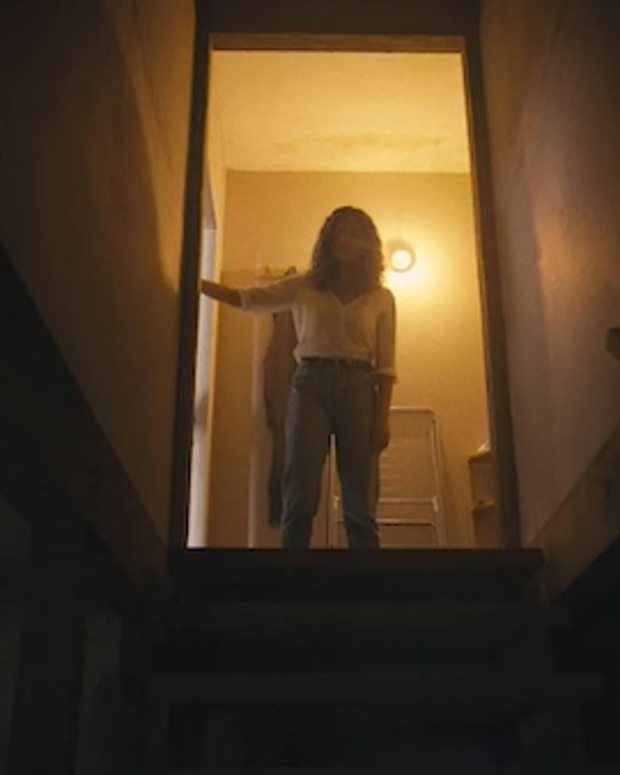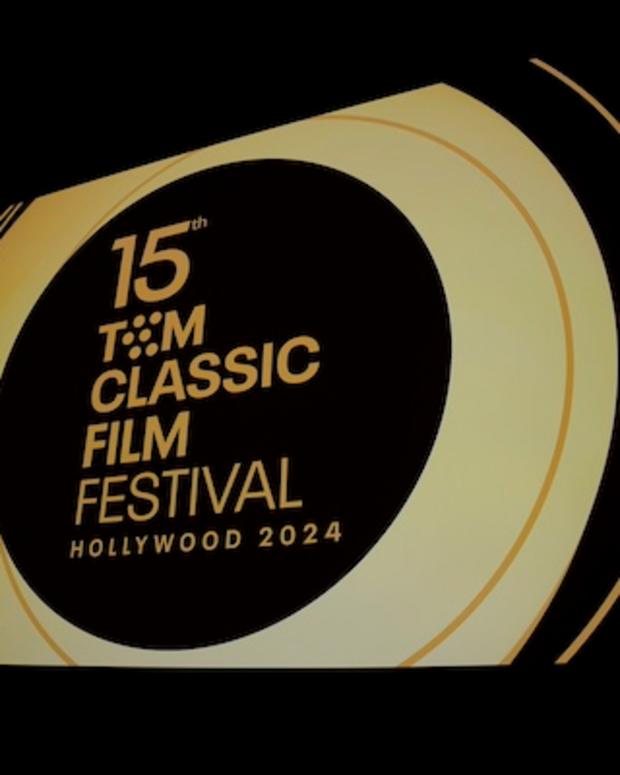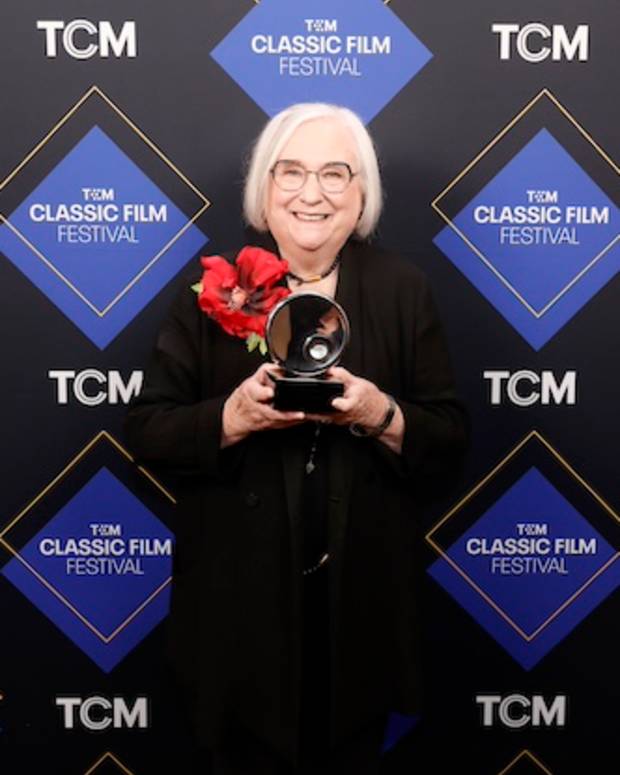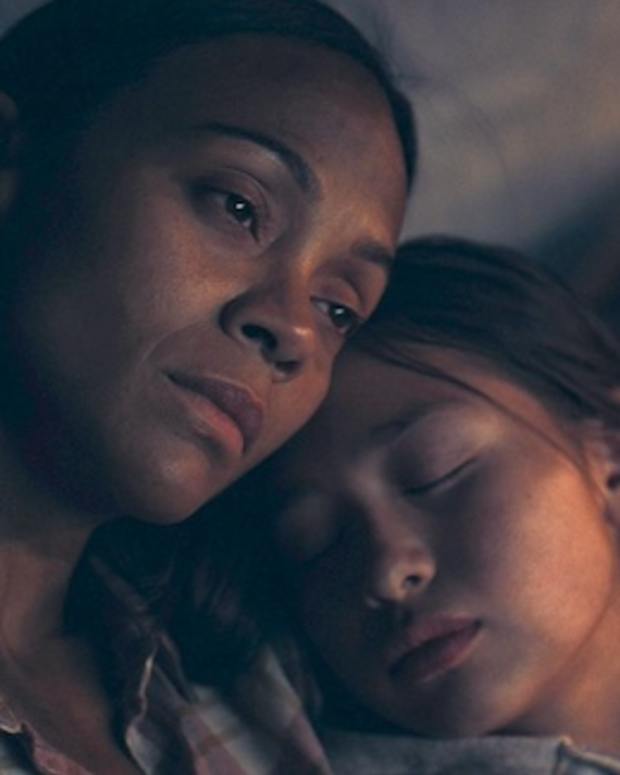Contract or No Contract, Bess Meredyth Made Movie Magic

Bess Meredyth. Courtesy of the Academy of Motion Picture Arts and Sciences, Margaret Herrick Library.
Bess Meredyth is one more name to add to that list of Silent Hollywood’s most prolific and respected screenwriters yet few textbooks mention her name – or her work as both a writer and producer in that period. In fact, when her son John Meredyth Lucas wrote a memoir of his own screenwriting career he never thought to interview her about her career. That’s how easy it can be to be forgotten and why it is so important to highlight these stories today.
Meredyth studied piano as a child and worked on vaudeville in what were called ‘pianologues’, presentations that involved playing while singing or reciting. As with many of these early female screenwriters, she entered the industry as an extra, joining the Biograph Company in 1911. She soon realized that she could make more money if she wrote as well – so she did.
In the 1914 film The Desert’s Sting, Meredyth starred alongside future screenwriter Jeanie Macpherson and future husband, Wilfred Lucas. They married in 1917 and began co-writing, acting and directing projects together – another way for women to fall out of history as their male partners tend to earn more of the credit. In 1920, the couple moved to Australia where Meredyth’s involvement in her films included editing, which was then known as cutting. After a year, they returned to Hollywood but Meredyth quickly traveled for work again. MGM sent her to Italy to rescue the 1924 production of Ben-Hur, which was running behind schedule and over budget. She replaced June Mathis (who you’ll read about in this column soon!), rewrote the script and supervised the entire production.
[Ruth Gordon (with Her Husband, Garson Kanin) -- Truly The Marrying Kind]
1926 proved to be a busy and productive year for Meredyth. She wrote Don Juan (1926), the story of the infamous Great Lover, played by Hollywood’s Great Lover, John Barrymore and adapted Herman Melville’s Moby Dick into The Sea Beast. Then, Meredyth co-founded the Academy of Motion Picture Arts and Sciences in 1928. When the first Academy Awards were held in 1929, Meredyth was nominated for two screenplays: Wonder of Women and A Woman of Affairs, which was adapted in 1928 from the novel The Green Hat, starring Greta Garbo.
[Dorothy Parker: Born to be a Star of Poignant and Pointed Word Play]
Sadly, as with so many early female screenwriters who worked with the famed producer Irving Thalberg, when he died in 1936, MGA dropped Meredyth’s long-standing contract. In its place they offered one that would have her listed as a “junior writer”. This exacerbated the anxiety attacks she had begun experiencing in the early 1930s so Meredyth announced her retirement in 1938. Yet she didn’t stop working. In 1929, while writing Noah’s Ark at Warner Brothers, she had met and married the film’s director, a Hungarian who changed his name from Mahala Kurtez to Michael Curtiz. Meredyth served as an unofficial and uncredited contributor on Casablanca (1942), which he directed and which had been written by the brothers Julius and Philip Epstein. In later reminiscences, the brothers remembered questioning some of his directing choices. Curtiz would leave the room and come back with a response. Later, when the writers asked him to elaborate, he would often respond that he couldn’t remember how Bess had told him to address the issue.
Meredyth also served unofficially as a consultant to some of the television shows her son wrote and produced through the 50s and 60s including Zorro, Ben Casey, and The Fugitive, which means her artistic contributions traveled far from the Silent Era. Meredyth died on July 14, 1969.











